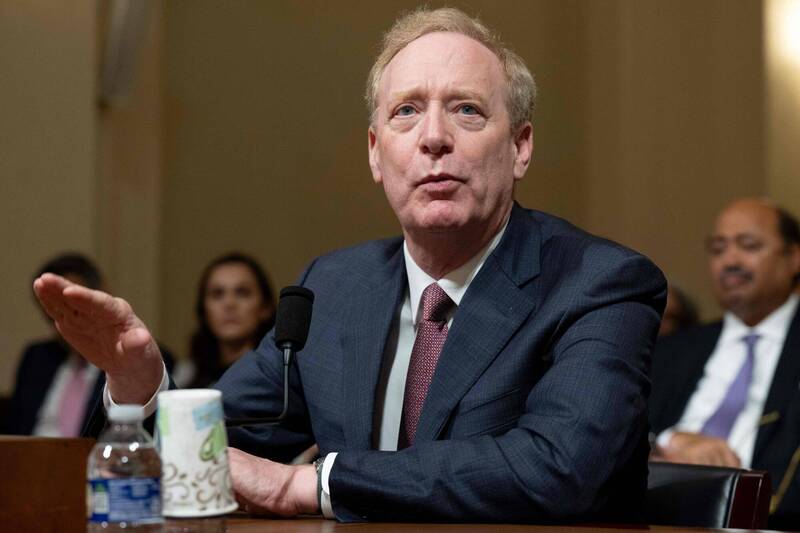《TAIPEI TIMES》 KMT nominates Hou You-yi for president

Chinese Nationalist Party (KMT) Chairman Eric Chu, left, holds hands with New Taipei City Mayor Hou You-yi following the latter’s nomination as the party’s presidential candidate in Taipei yesterday. Photo:Ritchie B. Tongo, EPA-EFE
/ Staff writer, with CNA
The Chinese Nationalist Party (KMT) yesterday nominated New Taipei City Mayor Hou You-yi (侯友宜) as its candidate for next year’s presidential election.
Hon Hai Precision Industry Co founder Terry Gou (郭台銘), who was the other main contender for the KMT nomination, said he would support Hou’s campaign.
KMT Chairman Eric Chu (朱立倫) announced Hou’s nomination at a meeting of the KMT’s Central Standing Committee, which in March tasked Chu with choosing a candidate with the best chance to defeating the ruling Democratic Progressive Party (DPP).
After considering “scientific data and the opinions of local government heads and lawmakers... I solemnly declare that our party has drafted Hou You-yi to run in the Republic of China’s [ROC] 2024 presidential election,” Chu said.
Hou, 65, had been coy about running for president, presumably because he did not want to seem eager to pursue the presidency so soon after being re-elected mayor in November last year.
However, he recently expressed his opinions on Taiwan’s relations with China, purportedly to establish his credentials on major issues before accepting the KMT’s nomination.
Last month, Hou said the ROC and Taiwan were like “cup and water,” urging Taiwanese to reach a consensus on that “inseparable” relationship and calling on the international community to recognize the ROC’s existence.
Gou, on the other hand, had advocated accepting the so-called “1992 consensus” to resume dialogue with Beijing and maintain cross-strait peace.
One hour before the committee met yesterday, Gou voiced his support for Hou in a Facebook post, congratulating the mayor on his nomination.
“Mayor Hou has the most solid public support, so it is only natural for him to assume greater responsibility. He is also the best candidate within the KMT,” Gou wrote.
“I will keep my promise and do everything I can to support Mayor Hou to win the 2024 election and get rid of the incompetent government,” he wrote.
Meanwhile, the Taiwan People’s Party (TPP) officially nominated party founder and Chairman Ko Wen-je (柯文哲) as its presidential candidate, setting up a three-way race for the presidency, after the DPP last month nominated Vice President William Lai (賴清德) as its candidate.
Ko was the only TPP member seeking the party’s nomination and his candidacy had been a foregone conclusion for months. His registration information was reviewed by the TPP Central Committee, which approved it at a meeting.
Ko is expected to present his platform, centered on “harmony, reconciliation and peace,” in New Taipei City on Saturday.
Earlier this month, when asked by reporters who his running mate would be, Ko said the TPP welcomed anyone who fit the bill to sign on. He added that Vivian Huang (黃珊珊), one of his deputy mayors during his second mayoral term, would be a “fine candidate.”
There had been speculation that Ko might seek a partnership with Gou, but Ko during a radio interview with former New Power Party legislator Huang Kuo-chang (黃國昌) on Tuesday said Gou was apparently not interested in partnering with him.
Polls have shown Ko to have a support rating of 20 to 25 percent.
As the TPP’s main support base is made up of pan-blue and pan-green camp voters, Ko’s entry into the race has increased the unpredictability of the outcome.
The “1992 consensus,” a term former Mainland Affairs Council chairman Su Chi (蘇起) in 2006 admitted making up in 2000, refers to a tacit understanding between the KMT and the Chinese government that both sides of the Taiwan Strait acknowledge there is “one China,” with each side having its own interpretation of what “China” means.
新聞來源:TAIPEI TIMES

















